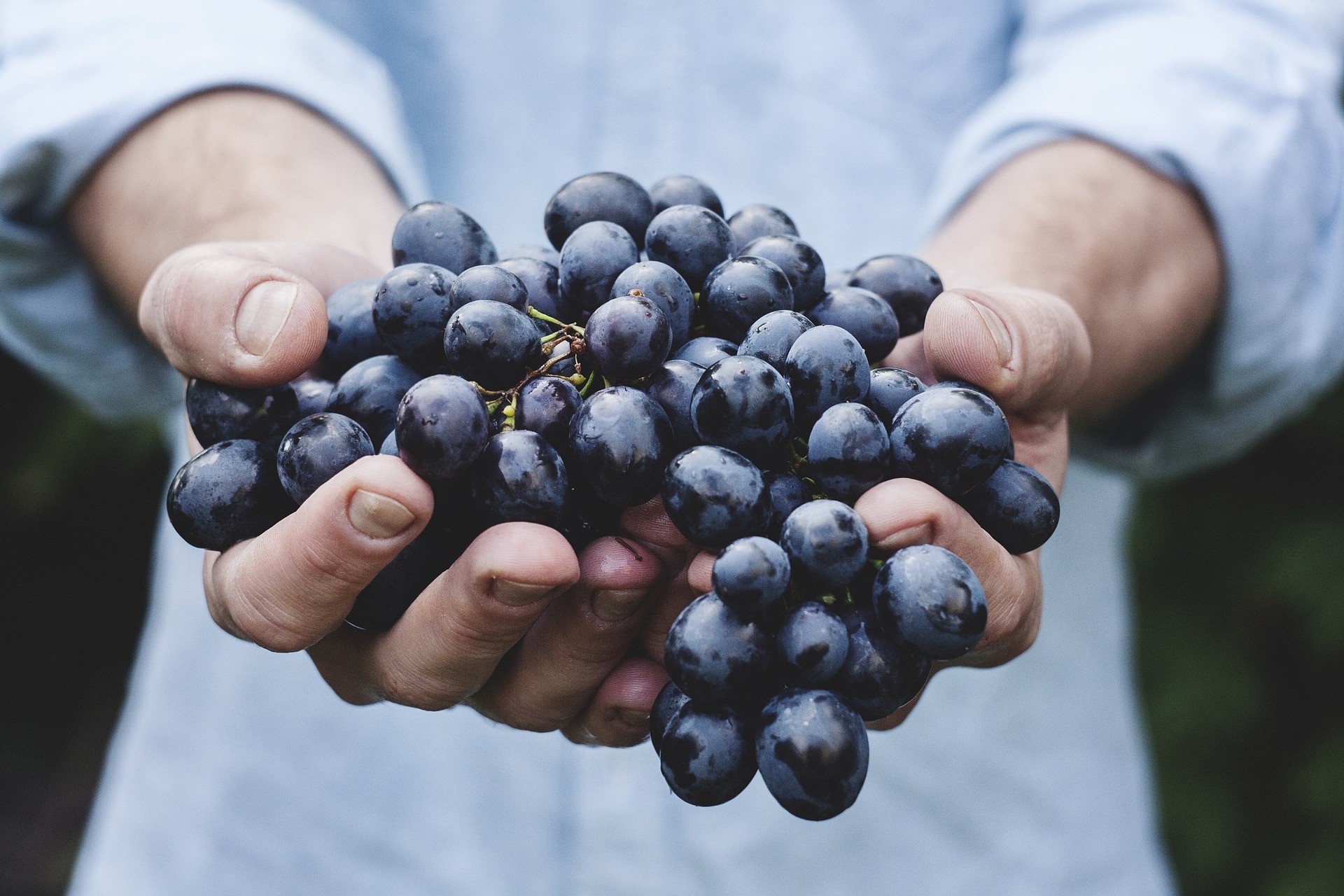The methods by which organic produce must be grown tend to be more expensive, and that cost is passed onto the consumer.
Although many people want to eat healthy and buy organic, some do not know the true difference between organic produce and non-organic produce. Is it worth it to spend the extra money?
Firstly, what is organic produce? The answer to this question is rather involved and complex. In order for a farm to be considered certified organic, they must adhere to highly specific standards set by the USDA.
Although we’re specifically talking about produce here, with meat, the animals must have access to the outdoors, in order to best mimic their natural behaviors and living environment. There are no antibiotics or hormones administered.
With crops, pesticides and most synthetic fertilizers are prohibited; only conventional USDA approved materials are allowed. Genetically modified ingredients are also forbidden.
Further, organic and non-organic produce must be separated. Once a year, the farm will receive an on-site inspection to ensure all protocol is being followed exactly.
Basically, organic produce is grown by farmers who use practices that respect and ensure the land is viable for future generations. Renewable resources are utilized and soil and water is preserved. Moreover, not only do farms who wish to be 100% organic must be certified, but companies that handle the food must be as well.
Less than two years ago, Standford’s Annal’s of Internal Medicine published the results of a controversial study indicating that in fact, there is no significant difference between organic produce and non-organic produce, nutritionally speaking.
There is some truth to the health benefits of both types of produce being the same. Essentially, the biggest difference between organic and non-organic produce is the fact that harmful chemical pesticides are not used with organic. However, that does not alter the actual nutritional make up of the produce.
NPR’s The Salt explains that there was one study wherein tomatoes grown organically had significantly higher levels of antioxidants. However, “This is one study of one vegetable in one field. . .when. . .researchers looked at their broad array of studies, which included lots of different crops in different situations, they found no such broad pattern.”
The article continues on to explain that vegetables’ nutritional quality varies so much based on the ripeness when it is picked, the weather, and countless other factors. A carrot grown on one farm may have twice the amount of beta carotene than a carrot on a neighboring farm, even if both are organic or both are not.
Therefore, we can conclude that there is some truth to the notion of organic and non-organic produce being the same, health-wise.
However! It is important to note that there are significant additional benefits to eating organically. The number one reason is of course, the fact that there is no pesticide residue. Admittedly, the USDA regulates the amount of acceptable pesticide residue on all produce, organic or not, but organically grown will have none.
In addition, farms who are certified organic treat their land, animals, and employees with the care and respect they deserve. The land is preserved for future generations, as mentioned earlier, animals are fed natural ingredients with no antibiotics, and the farm workers are not exposed to dangerous pesticides or herbicides. By buying organic, you are supporting this beneficial lifestyle.
It should also be mentioned – a lot of farms practice organic procedures without actually being certified organic. Many farms use pesticides sparingly or rarely, but wish to reserve the right to use them if needed (I once read about a tomato farmer who only used pesticides once in his whole career, during the tomato blight of 2009). Also, there is a fee to become certified, and many farmers are financially struggling.
In conclusion, the difference between organic produce and non-organic produce is the pesticide residue, or lack thereof. The question of whether or not it’s worth it to buy organic is, of course, up to the consumer to decide, but the best bet is probably to pick and choose.
The USDA tests produce after it is prepared the way it typically would be – this means that fruits and vegetables with protective outer layers that are removed prior to consumption tend to have the lowest amount of pesticides leftover.
So, foods not to bother buying organic, because of their thick outer skins: bananas, avocados, corn, melons, kiwi, and pineapples.
The following were also found to have low levels of pesticides: eggplant, cabbage, onions, broccoli, and asparagus.
And, foods to buy organic: apples (have the highest amount of pesticide residue), other tree fruits (peaches, nectarines, pears, cherries), strawberries, raspberries, spinach, kale, lettuce, grapes, beets, peppers, and potatoes.

Readers who are interested in higher nutrition from their fruits and veggies should look into Bio-Nutrient Dense Farming. Saratoga Apple is practicing it and there are others in our area teaching about it and more and more local farmers are following its practices.
Another standard for organic production being used by farmers is “Certified Naturally Grown”. This certification is international and costs much less than our USDA Organic label for farmers. AND it requires farmers to not use any in-organics, pesticides, fertilizers, etc on the farm. Kilpatrick FF, Pleasant Valley Farm, Denison Farm are just three farms I know who grow in this manner.
That is fantastic, thanks for the information!